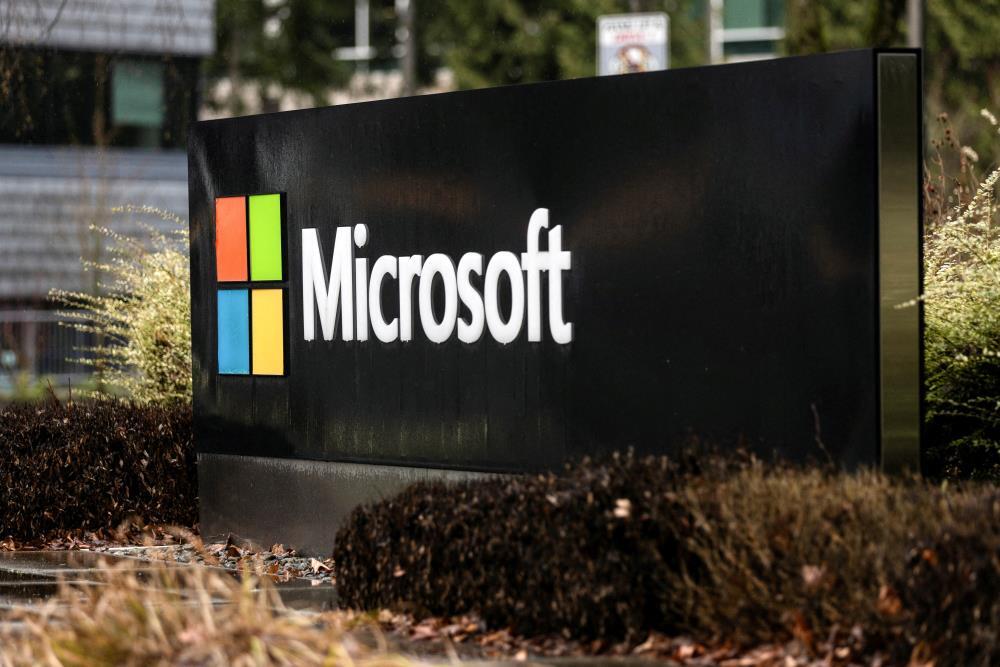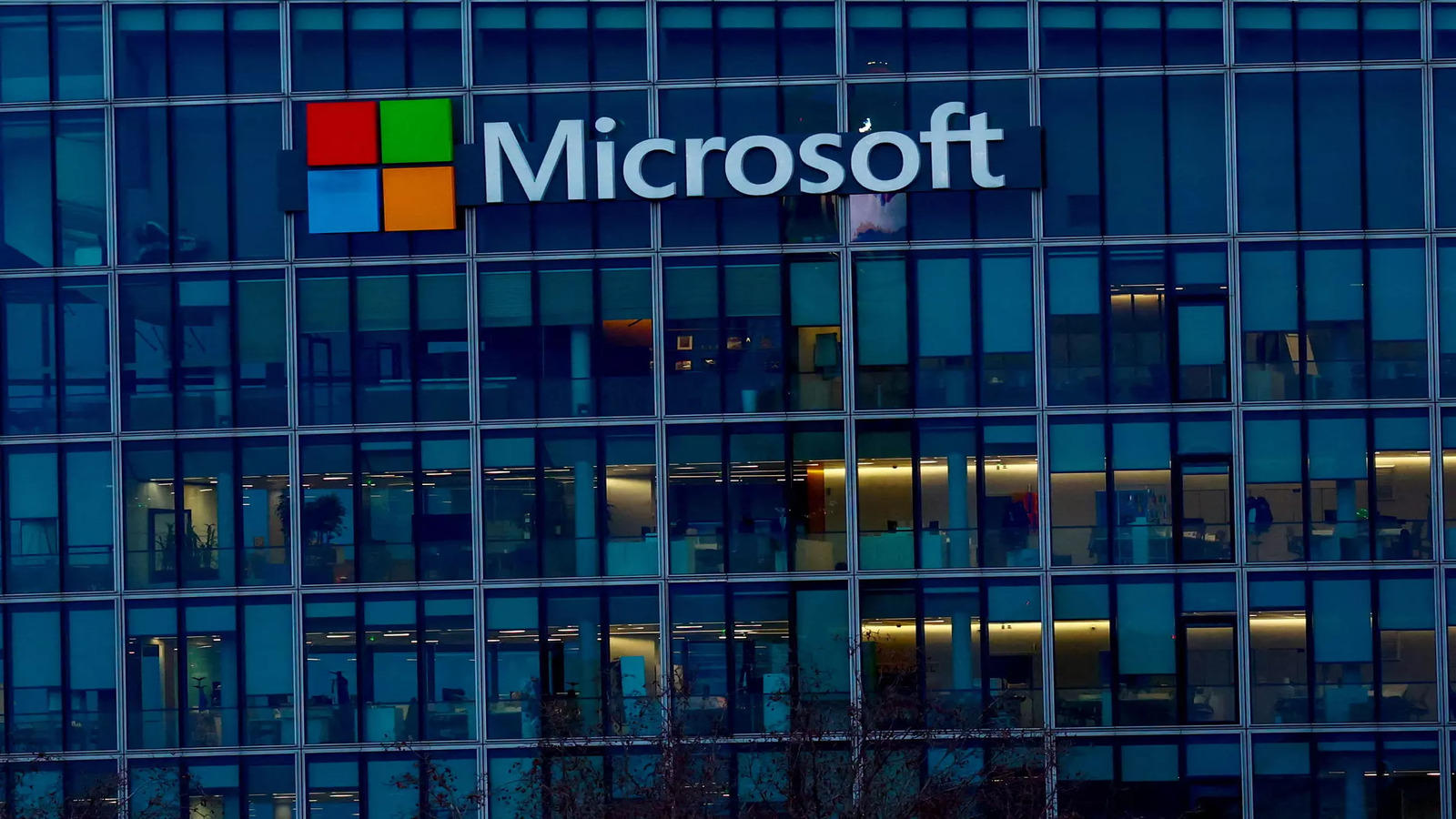Microsoft has responded to feedback and concerns surrounding its AI-powered tool, “Recall,” which initially drew criticism over privacy issues. The tool was designed to take regular screenshots of user activity, sparking fears of a potential “privacy nightmare.”
Following this backlash, Microsoft postponed the tool’s release, which was originally planned for mid-2024. The tech giant has since reworked the tool, removing several controversial features, including making it opt-in rather than having it enabled by default.
Initially introduced as a tool that would help users search their past activity—such as files, emails, photos, and browsing history—Recall was described as offering a “photographic memory” for users’ PCs. By taking screenshots every few seconds, the tool aimed to make it easier to retrieve previously viewed or worked-on materials.
However, privacy advocates quickly pointed out the risks of sensitive data being collected, prompting concerns over how secure the system would be. Although the tool was intended to launch with Microsoft’s CoPilot+ computers in June, these concerns led to further delays.

As part of its restructured launch, Microsoft is now planning to release Recall in November 2024, with several additional security measures in place. Pavan Davuluri, Microsoft’s corporate vice president of Windows and devices, emphasized that the tool will now be opt-in, and any data captured through screenshots will be encrypted.
He further assured users that privacy settings will allow them to control what is saved and accessed. Additionally, certain sensitive information, such as credit card details, will not be captured automatically, and users will need to authenticate access to their screenshots through biometric login.
Despite the improvements, there are still some concerns about how the tool manages data. According to a technical blog, diagnostic data from Recall may be shared with Microsoft depending on user privacy settings.
However, the tool will only be available on the CoPilot+ line of laptops, which include powerful AI chips specifically designed for advanced computing tasks. This exclusivity may limit the tool’s reach while offering more robust security features.
Cybersecurity expert Professor Alan Woodward from Surrey University recognized the updates as significant enhancements but stressed the importance of continued testing. While he praised Microsoft’s efforts to improve security and privacy protections, he also expressed caution, suggesting that users wait until the tool has been in use for a while before opting in. His concerns reflect broader hesitation around the use of AI in such deeply integrated applications.







Leave a Reply